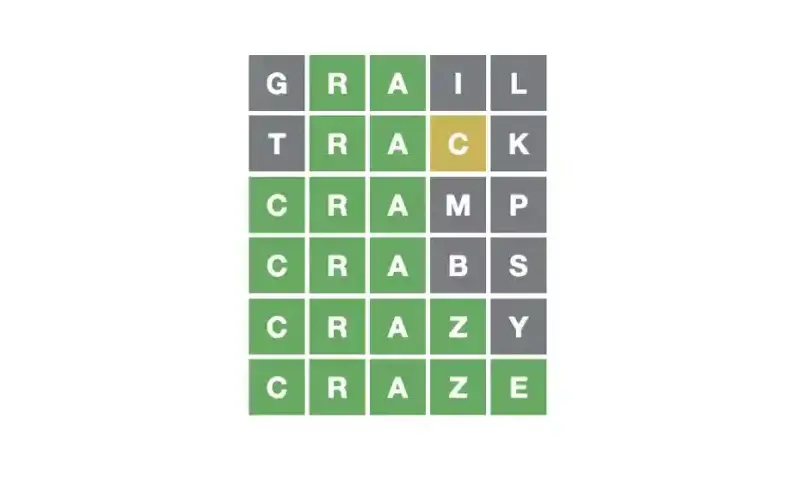The G20 Interfaith Forum, held on August 21, 2024, in Brasília, Brazil, saw leaders from around the world come together to discuss the intersection of faith and global issues. Among the participants was Elder Ulisses Soares of the Quorum of the Twelve Apostles of The Church of Jesus Christ of Latter-day Saints. Elder Soares, a native of Brazil, used a powerful analogy during his speech, comparing faith communities to mangrove trees, which play a vital role in filtering toxins and stabilizing tropical coastlines.
Elder Soares described faith communities as a “collective moral mangrove,” emphasizing their role in protecting society, especially future generations, from the dangers of addiction, isolation, narcissism, and moral relativism. He argued that, much like a mangrove, these communities are essential to the social fabric that holds society together and fosters faith in the future.
He further stressed the importance of religious communities in creating safe spaces for the vulnerable and the rising generation. According to Elder Soares, faith-based organizations should not be excluded from public discourse but should actively participate in critical conversations to promote understanding and cooperation. By fulfilling their unique mission, people of faith can help overcome polarization, incivility, and other challenges that hinder the future.
Elder Soares concluded his remarks with a call to action, urging people of faith to nurture these societal moral mangroves. He expressed hope that through collective efforts, future generations could be shielded from harmful attitudes and beliefs.
Another prominent speaker at the forum was Elder Ahmad S. Corbitt, a General Authority Seventy of The Church of Jesus Christ of Latter-day Saints. He praised the mangrove metaphor, highlighting the importance of a healthy root system in keeping the environment, and by extension, society, intact. Elder Corbitt emphasized that by coming together around shared principles such as life, liberty, the pursuit of happiness, peace, and unity, believers and non-believers alike can create a powerful and effective force for good.
Sharon Eubank, the Church’s director of humanitarian services and former first counselor in the Relief Society general presidency, also participated in the forum. She focused on the importance of community and interconnection, noting that The Church of Jesus Christ has committed to collaboration, recognizing that they cannot address these challenges alone. Sister Eubank underscored the Church’s active involvement in bringing together groups that have demonstrated their ability to help the most vulnerable.
This G20 Interfaith Forum highlighted the crucial role of faith communities in addressing global issues, with the mangrove analogy serving as a compelling reminder of their stabilizing and protective functions in society.
| ➜ | The ‘collective moral mangrove’ analogy Elder Soares shared at the G20 Interfaith Forum
The mangrove tree filters toxins and provides stability around tropical coastlines. Similarly, faith communities can serve as society’s moral filters and stabilizers, said Elder Ulisses Soares. |
| ➜ | Young Men and Young Women presidencies: Using the ‘For the Strength of Youth’ guide to develop lifelong discipleship
Reading, studying and teaching from the “For the Strength of Youth” guide will help not only youth but everyone learn how to live in higher and holier ways, taught the Young Men and Young Women general presidencies during BYU Education Week. |
| ➜ | Jon Ryan Jensen: Educating righteous desires throughout life
Learning a new phrase from Elder Neil L. Andersen caused me to reflect on the example I set for my children of commitment to worthy goals. |

















